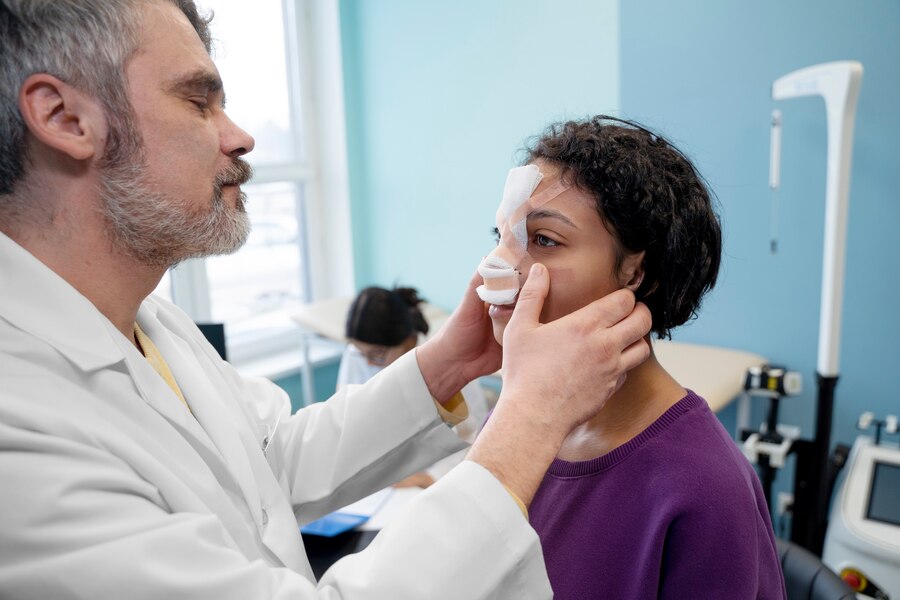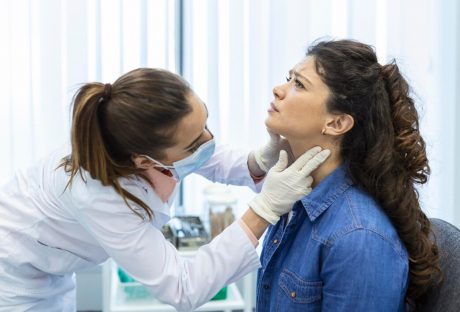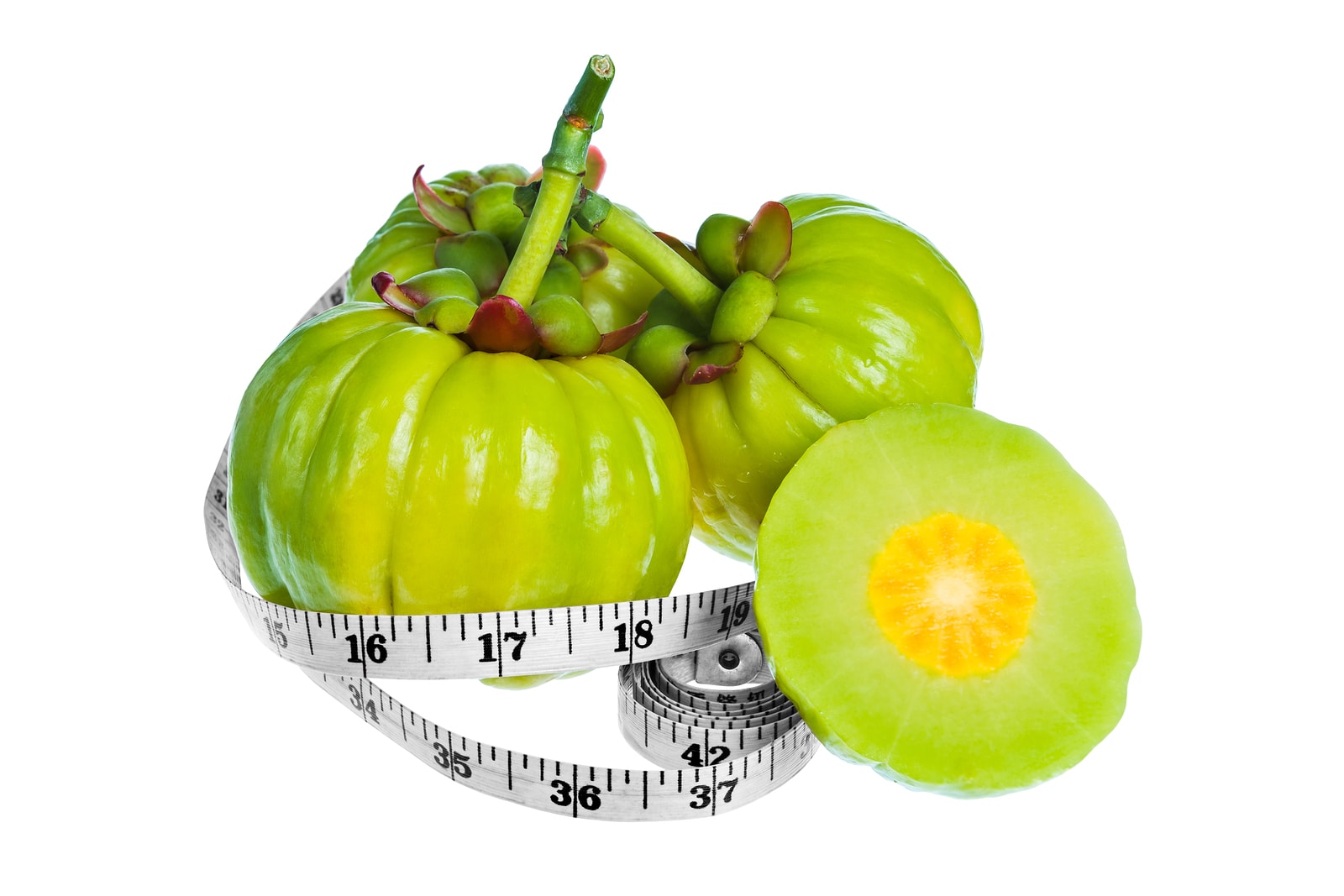Sinus surgery can be a life-changing procedure for chronic sinus issues. However, recovery is crucial for ensuring optimal results and minimal discomfort. If you’ve recently undergone sinus surgery in Houston, Texas, or are planning to do so, understanding how to navigate the postoperative period is essential. Explore nine essential tips to help you recover smoothly.
1. Follow Your Surgeon’s Instructions:
Your sinus and snoring specialist in Houston will provide personalized post-operative instructions based on the specifics of your surgery. This guidance may include details about medication schedules, wound care techniques, and activity restrictions. Following these instructions diligently is paramount for a successful recovery. Your surgeon’s expertise and recommendations are tailored to optimize your healing process and minimize the risk of complications. Adhering to their guidance can promote faster healing and improve your overall outcome.
2. Take Rest Seriously:
After sinus surgery, your body needs ample time to recuperate and heal. While it’s natural to feel eager to resume your regular activities, prioritizing rest is crucial during the initial stages of recovery. Avoid strenuous physical exertion and heavy lifting, as these activities can strain your healing tissues and impede recovery. Instead, allocate sufficient time for rest, allowing your body to redirect its energy towards tissue repair and regeneration. You can facilitate a smoother and more expedited recovery by honoring your body’s need for rest.
3. Keep Your Head Elevated:
Maintaining an elevated head position is key to minimizing post-operative swelling and promoting optimal drainage of nasal secretions. Whether resting or sleeping, ensure your head remains elevated above your heart level. Utilize additional pillows or invest in a specialized wedge pillow to achieve a comfortable angle. Elevating your head can alleviate discomfort, reduce nasal congestion, and enhance overall breathing comfort. This simple yet effective strategy supports healing and contributes to a more comfortable recovery experience.
4. Stay Hydrated:
Adequate hydration is essential for supporting your body’s healing mechanisms and optimizing recovery following sinus surgery. Drink plenty of water throughout the day to keep your nasal passages moist and facilitate the clearance of mucus and debris. Opt for plain water or non-caffeinated beverages, as caffeinated and alcoholic drinks can contribute to dehydration and nasal irritation. Maintaining proper hydration levels can promote tissue healing, prevent post-operative complications, and enhance overall well-being throughout the recovery period.
5. Use Nasal Irrigation:
Nasal irrigation, also known as nasal saline or nasal lavage, is beneficial for promoting nasal hygiene and accelerating post-operative recovery. Your sinus surgeon may recommend a saline solution or provide you with a nasal irrigation kit for home use. You can gently flush your nasal passages with a saline solution to remove excess mucus, blood, and debris, reducing congestion and promoting optimal healing. As your surgeon directs, incorporate nasal irrigation into your daily routine to maintain clear nasal passages and support a speedy recovery.
6. Avoid Blowing Your Nose:
Following sinus surgery, you must refrain from blowing your nose forcefully, as this can disrupt delicate healing tissues and increase the risk of complications. Instead, adopt gentle nasal hygiene practices, such as dabbing or wiping away nasal discharge with soft tissues. If you experience the urge to sneeze, do so with your mouth open to minimize pressure within the nasal cavity. By avoiding forceful blowing and adopting gentle nasal care techniques, you can safeguard your delicate nasal tissues and promote optimal healing in the postoperative period.
Read Also: From Gym To Workplace: A Complete Guide To Lead A Healthy Lifestyle
7. Attend Follow-Up Appointments:
Regular follow-up appointments with your sinus and snoring specialist in Houston are integral to your post-operative care plan. These appointments allow your surgeon to assess your progress, monitor healing, and address any emerging concerns or questions you may have. Attending all scheduled follow-up appointments can give you personalized guidance, adjustments to your treatment plan as needed, and reassurance regarding your recovery trajectory. Open communication with your surgeon ensures that any issues or complications can be promptly identified and addressed, promoting a smooth and successful recovery journey.
8. Gradually Resume Activities:
As your recovery progresses, it’s natural to feel eager to resume your normal activities and routines. However, it’s essential to approach activity resumption gradually and cautiously to avoid undue strain or setbacks. Begin with light activities such as short walks or household chores, gradually increasing the intensity and duration as tolerated. Listen to your body’s cues and avoid pushing yourself beyond your comfort level. Steer clear of activities that involve bending over or straining, as these actions can increase pressure within the sinuses and hinder the healing process. By gradually reintroducing activities into your routine, you can safely regain your strength and stamina while supporting optimal healing.
9. Listen To Your Body:
It’s crucial to tune in to your body’s signals throughout the recovery process and respond accordingly. Pay close attention to any changes or symptoms you experience, such as increasing pain, swelling, or nasal congestion. If you notice any concerning signs or symptoms, don’t hesitate to contact your sinus surgeon for guidance and assistance. Trust your instincts and prioritize your health and well-being above all else. By advocating for yourself and seeking prompt medical attention when needed, you can ensure that any issues or complications are addressed promptly, facilitating a smoother and more successful recovery from sinus surgery.
Conclusion:
Navigating the post-sinus surgery recovery process in Houston, Texas, requires careful attention and adherence to expert guidance. Individuals undergoing recovery are encouraged to prioritize self-care and follow their surgeon’s recommendations for optimal healing. These nine essential tips are valuable guidelines to minimize discomfort and promote a smooth recovery journey. For those needing specialized care from a sinus and snoring specialist or allergy treatment in Houston, there are reputable clinics, including the Houston Allergy Clinic, offering expert services and personalized treatment options. Prospective patients can explore these options by scheduling an appointment with a trusted provider. To begin your journey to better sinus health today, visit this website and schedule an appointment.
Read Also:

























